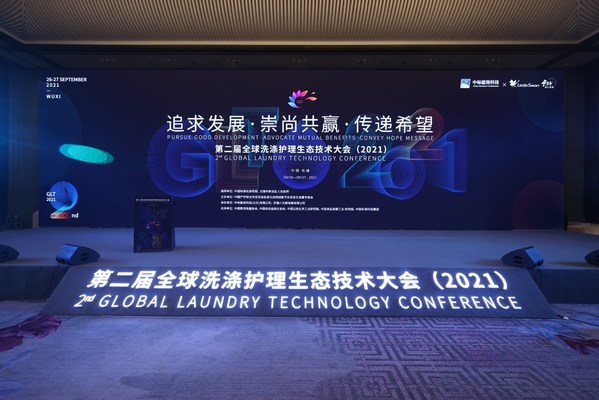Earlier this month, Daimler AG CEO Ola Kallenius stated the ongoing semiconductor chip shortage crisis will likely continue into 2023.
Some industry analysts previously believed things should be mostly resolved by the end of 2022. As time goes by, that’s looking less likely. And when there’s an insufficient chip supply, final vehicle assembly cannot be completed. Quite clearly, this leads to an order backlog.
Per Reuters, Kallenius updated the situation to a German newspaper late last week where he said customers can now expect wait times of more than a year. “Demand is huge at Mercedes-Benz and at the same time there are unfortunately severe limitations,” he told Frankfurter Allgemeine Zeitung. “For some models, the waiting times are longer than we would like, in some cases over a year.”
The executive did not state which models were affected, but it’s pretty fair to assume the delays will cover a wide range, including the all-new Mercedes EQS. Kallenius and Mercedes aren’t the only ones who think the chip crisis will still be with us two years from now. Fellow German luxury brand BMW also shares this assessment.
Mercedes has joined every major automaker in a quest to convert its entire lineup to pure battery-electric models. There’s a fairly good chance this transition will be completed by 2030, five years before Europe aims to ban sales of new combustion-engined passenger vehicles.












